The business of America is business and the chief ideal of the American people is idealism
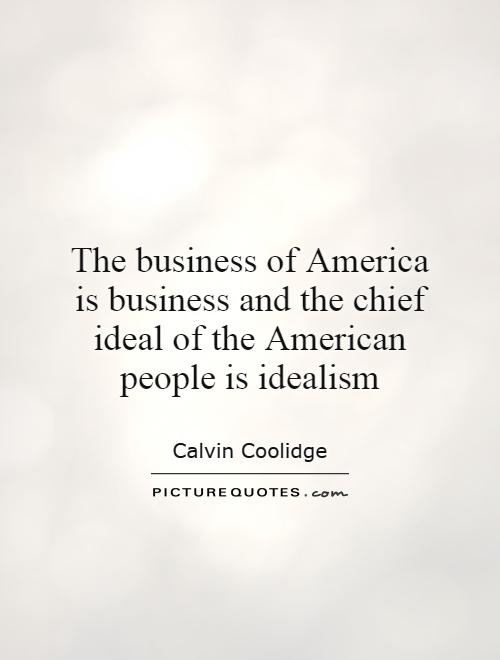
The business of America is business and the chief ideal of the American people is idealism
Calvin Coolidge, the 30th President of the United States, is often associated with the famous quote, "The business of America is business and the chief ideal of the American people is idealism." This statement encapsulates Coolidge's belief in the importance of both economic prosperity and moral values in American society.Coolidge, a staunch advocate of limited government intervention in the economy, believed that the free market was the best mechanism for promoting economic growth and individual prosperity. He championed policies that favored business interests, such as tax cuts and deregulation, in order to stimulate economic activity and create jobs. Coolidge's pro-business stance earned him the nickname "Silent Cal" for his quiet, unassuming demeanor and his belief that government should not interfere with the natural workings of the economy.
At the same time, Coolidge recognized the importance of moral values and idealism in American society. He believed that a strong economy was not enough to ensure the well-being of the nation; it also required a commitment to ethical principles and a sense of civic duty. Coolidge emphasized the importance of honesty, integrity, and hard work as essential virtues for a successful society. He believed that the American people should strive for excellence in all aspects of their lives, not just in their economic pursuits.
Coolidge's belief in the dual importance of business and idealism reflected his vision of America as a nation that balanced economic prosperity with moral values. He believed that a thriving economy was essential for the well-being of the American people, but that it should be guided by a sense of ethical responsibility and a commitment to the common good. Coolidge's presidency was marked by a period of economic growth and prosperity, but it was also characterized by a commitment to upholding the values that he believed were essential to the American way of life.





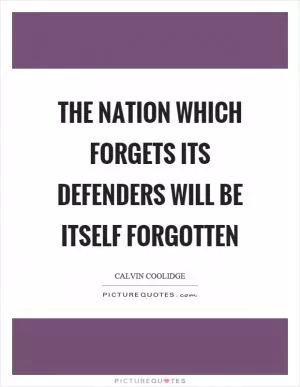

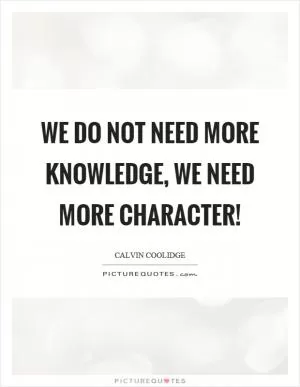

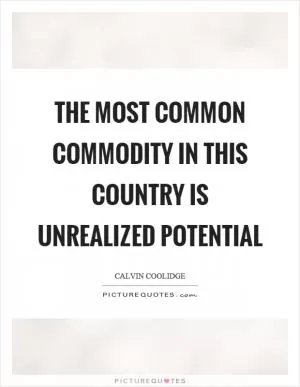
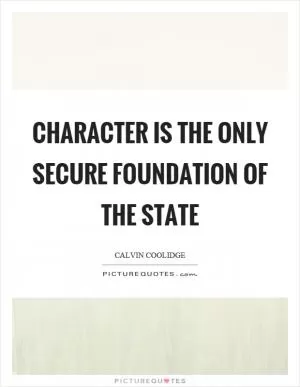

 Friendship Quotes
Friendship Quotes Love Quotes
Love Quotes Life Quotes
Life Quotes Funny Quotes
Funny Quotes Motivational Quotes
Motivational Quotes Inspirational Quotes
Inspirational Quotes